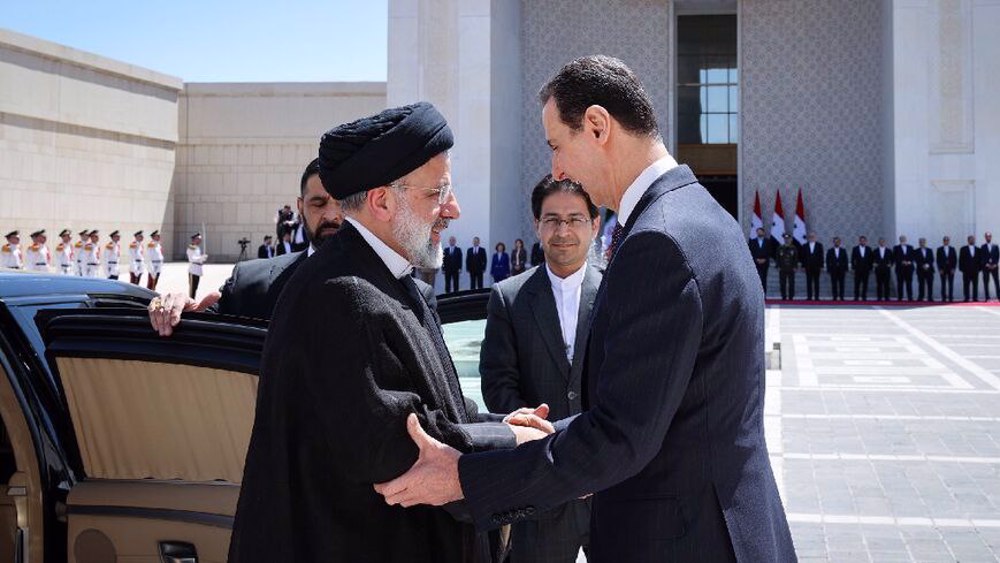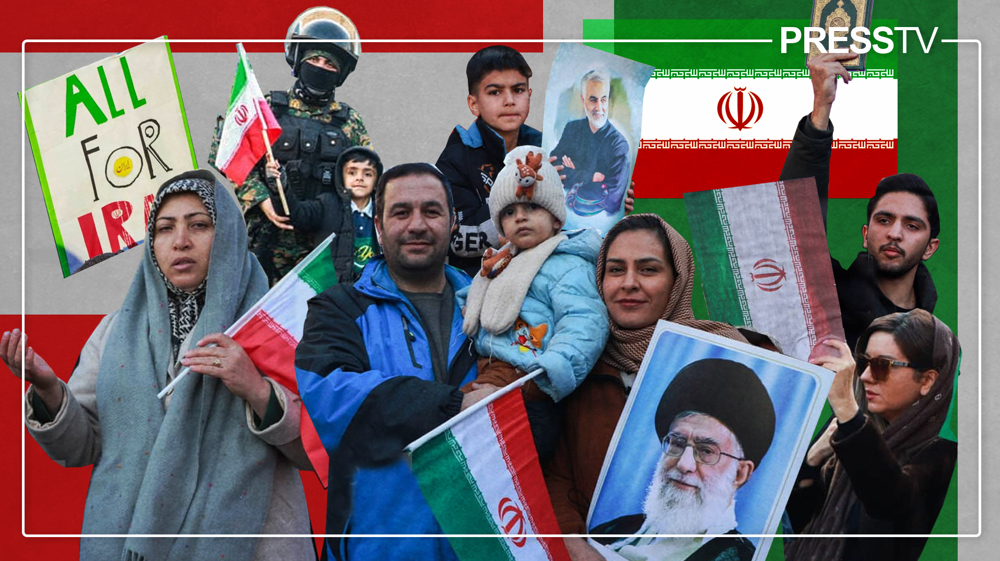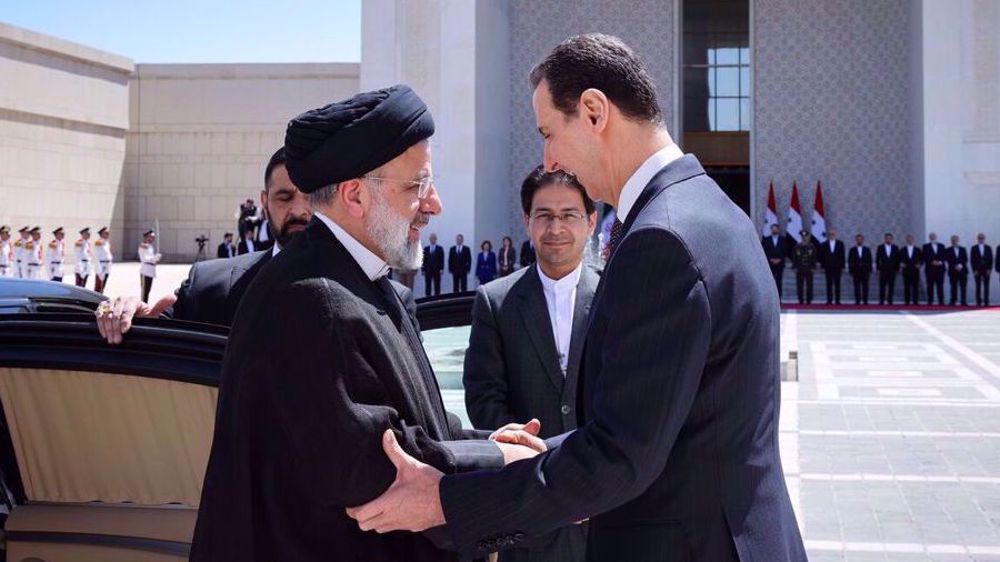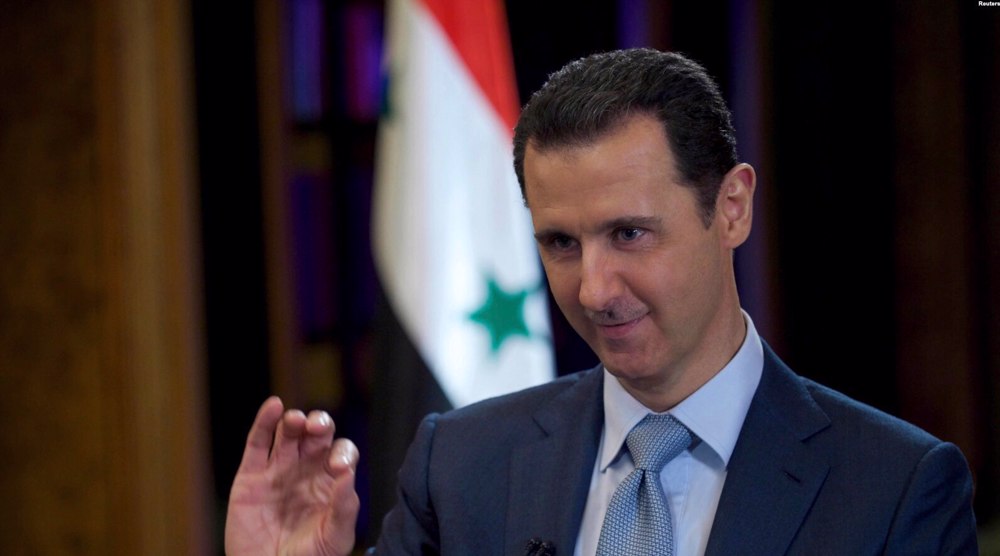Be angry, die of anger: Why are Americans jittery about Raeisi’s Syria visit
By Syed Zafar Mehdi
“Be angry and die of anger,” Iran’s foreign ministry spokesman Nasser Kan’ani tweeted early Thursday, taking a swipe at his American counterpart Vedant Patel, using a famous Persian proverb.
Patel told reporters in Washington on Wednesday that “deepening ties” between Tehran and Damascus “should be of great concern”, not just to the US and its allies, but to the world.
“Of course, the anger of the evil regime, whose horn has been broken in Syria and the entire region by Iran and the axis of resistance, and which must end its aggressive presence in Syria, is natural,” Kan’ani wrote, in response to Patel’s remarks.
Why are Americans feeling jittery and peeved over President Ebrahim Raeisi’s visit to Syria?
The answer is simple: The US military-industrial complex has faced a disgraceful defeat in Syria after years of propping up terrorist groups and mercenaries with the aim of dislodging Bashar al-Assad.
On Wednesday, as President Raeisi touched down in Damascus, 13 years after an Iranian president visited the Arab country last time, he went straight to meet his Syrian counterpart.
Assad did not come out of an underground hole like Saddam Hussein nor was he dragged out of a drain pipe like Muammar Gaddafi. He hosted the visiting official at his beautiful presidential palace.
Unlike Saddam and Gaddafi, the Western “allies” who were eventually dumped, Assad had the backing of Iran and the resistance axis as he stood up to Western powers and their mercenaries.
Iran does not betray its friends and allies, which was also acknowledged by Assad on Wednesday.
“You didn’t only give us political and economic support, you supported us with your blood," Assad said during his meeting with President Raeisi, thanking Iran for its firm and unwavering support.
In response, Iran’s president lauded the neighboring Arab country for “achieving victory (in war) despite threats and sanctions”, while reaffirming Iran’s continued support to Damascus.
This is anathema to Americans because they worked so hard and invested too heavily in a project that was designed to overthrow the Assad government and install a Western rubber stamp.
The hawks in Washington still haven’t given up and live in denial about changing geopolitical dynamics – Arab countries, including US “allies”, queueing up to normalize their ties with Syria.
Patel told reporters on Wednesday that the Biden administration has “made clear” to its partners and allies in the region that it “does not support normalizing ties with Damascus.”
A day before, US Secretary of State Antony Blinken told his Egyptian counterpart that those engaging with the Assad government “should weigh carefully how those efforts are addressing the needs of the Syrian people.” As if American airstrikes and pillaging of resources are helping war-weary Syrians.
The fact that Washington’s Arab “allies”, including Egypt, have taken a series of measures in recent months aimed at rapprochement with Syria has made Blinken and his absent-minded boss jittery.
Next week, Turkey, Syria, Iran and Russia will be meeting in Moscow to take the normalization discourse forward, with a focus on restoring full diplomatic ties between Damascus and Ankara.
There is already talk about major Persian Gulf economies, including Saudi Arabia, planning to invest in big infrastructure projects in the war-ravaged country as part of reconstruction efforts.
Iran has already pledged its assistance to the Bashar al-Assad government as it moves to rebuild the country devastated by the decade-long war imposed by the US and its state and non-state allies.
"Syria is entering the reconstruction phase and Iran will stand by Syria during this phase too," Kan’ani said at his weekly press conference on Monday.
When Iran and Syria on Wednesday inked a series of cooperation agreements, including a long-term strategic pact, the unease and frustration only grew in the power corridors of Washington.
In his meeting with Assad on Wednesday, President Raeisi recalled the instrumental contribution of great martyrs such as General Qassem Soleimani in freeing the country from the grip of Daesh.
"Iran-Syria relations are tied to the blood of our dear martyrs, especially Martyr Haj Qassem Soleimani, and this name is the symbol of the stability and strength of the relations between the two countries,” Iran’s president was quoted as telling Assad.
"Just as the Islamic Republic stood by the Syrian government and nation in the fight against terrorism, it will also stand by its Syrian brothers in the field of development and progress.”
These remarks, this brotherhood, and this camaraderie are a source of alarm for the US and its allies, as well as the Israeli regime and mercenary groups it has backed in the Arab country since 2011.
That’s precisely why Americans are angry. And they have every reason to be so.
Syed Zafar Mehdi is a Tehran-based journalist, editor and blogger. He has reported extensively from Kashmir, India, Pakistan, Afghanistan and Iran for leading publications worldwide.
Trump threatens 200% wine tariffs on France to push Macron to join Gaza board
Yemen’s Saudi-backed PLC slams UAE for running secret prisons; Abu Dhabi denies
Swiss MPs move to strip UEFA of tax-exempt status over failure to ban Israeli teams
VIDEO | Massive Michigan pileup sees over 100 vehicles collide in highway crash
Diagnosing the roots of Iran’s economic turmoil
VIDEO | Press TV's news headlines
Son of Iran’s deposed Shah urges US, Israel to bomb country after failed ‘regime change’ plot
Jan. 12, 2026 – the day Iranians again rallied to reject hostile plots against Islamic Republic












 This makes it easy to access the Press TV website
This makes it easy to access the Press TV website